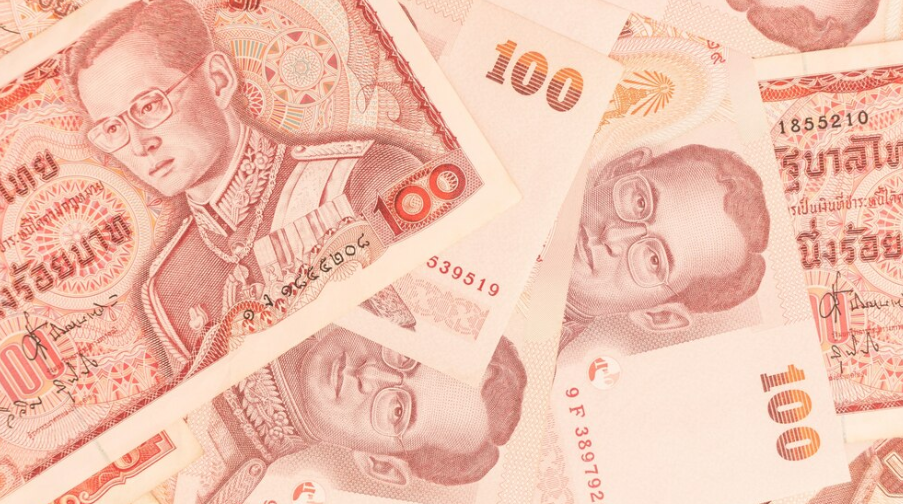Japanese Men Give Their Entire Salary to Their Wives

©️ topntp26 / Freepik
Imagine this: You work long hours, give your all to the company, and then… your wife rations out your spending money like it’s the apocalypse.
Welcome to the curious (and slightly terrifying) world of the Japanese salarymen allowance lifestyle.
This tradition is known as “kozukai,” where many salarymen hand over their entire paycheck to their wives, who then manage the household finances and dole out a monthly allowance for personal spending. However, this allowance has been steadily shrinking, squeezing the spending power of Japanese salarymen.

A Trend of Decline and International Comparison
A 2016 survey revealed a record low for the average “kozukai,” with salarymen receiving only around 42,107 yen ($375) per month. This is a far cry from the economic boom of the late 1980s and early 1990s when the average allowance sat around 89,792 yen ($790).
Compared to their international counterparts, Japanese salarymen seem particularly strapped. A survey found American salarymen averaging around 80,000 yen per month, while even Chinese salarymen, in major cities, received around 40,000 yen – still higher than the Japanese average.
Impact on Lifestyle and Historical Context of Japanese Salarymen’s Allowance
This shrinking allowance directly impacts the lifestyle of salarymen. Limited spending money restricts their ability to participate in social activities or enjoy hobbies. One interview revealed a salaryman could only afford to accept one out of four invitations to golf outings with his boss due to his limited budget.
The practice of “kozukai” has deep historical roots, dating back to the Edo era (1603-1868). Even then, Japanese families often pooled their income, with the husband receiving a small allowance for personal spending. This practice continued after World War II when the focus shifted from agriculture to salaried work.

Economic Implications and the Future:
The decline in “kozukai” is linked to Japan’s stagnant consumption. With less discretionary income, salarymen have less to spend on non-essential goods, impacting the overall economy.
This financial strain is expected to worsen with the planned increase in consumption tax. Economists suggest the “kozukai” system may be a contributing factor to consumption. This system concentrates spending power in the hands of wives.

The shrinking “kozukai” highlights the complex financial pressures faced by Japanese salarymen allowance. While deeply rooted in cultural norms, this tradition is adapting to changing economic realities.
Whether the system will evolve further to accommodate changing needs or face significant challenges remains to be seen. It is a story not just about shrinking allowances, but about a society grappling with tradition. Even on economic pressures, and the evolving roles of spouses within a household.
You might also like to read: 15 Things You Should NOT Do in Japan


